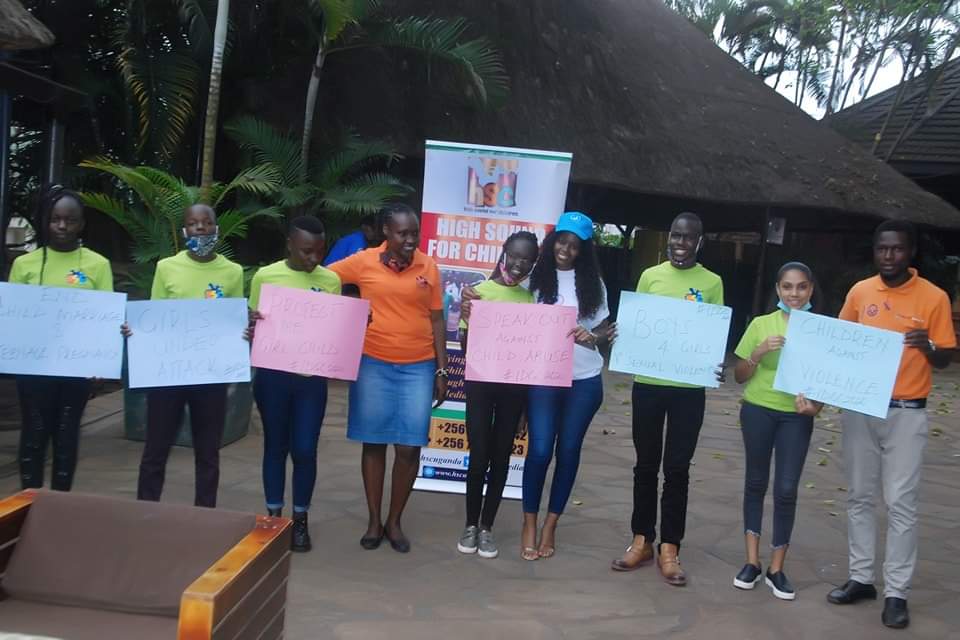Empowering Vulnerable Women in Uganda

Supporting Teenage Mothers in Uganda
July 19, 2024Vulnerable women in Uganda face significant challenges in accessing reproductive healthcare services. Factors such as poverty, limited sex education, and cultural barriers contribute to high rates of unintended pregnancies and unsafe abortions. This blog explores the obstacles these women encounter and highlights the work of organizations like Kayden Foundation in advocating for reproductive justice.
The Plight of Vulnerable Women in Uganda
- Poverty and Limited Access: Women from low-income backgrounds are disproportionately affected by unintended pregnancies and lack of access to contraception.
- Cultural and Religious Barriers: Traditional beliefs and religious restrictions often impede access to reproductive healthcare services.
Kayden Foundation’s Efforts
Kayden Foundation is at the forefront of advocating for reproductive justice in Uganda. Their work includes:
- Sensitization Campaigns: Raising awareness about safe abortion practices and reducing stigma.
- Supporting Survivors: Providing emotional support for women who have experienced unsafe abortions.
- Advocacy for Reproductive Rights: Working to change laws and policies that restrict access to reproductive healthcare.
The Importance of Comprehensive Sex Education
Effective sex education is crucial in preventing unintended pregnancies and sexually transmitted infections. Key components of comprehensive sex education include:
- Information on contraception: Providing knowledge about various birth control methods.
- Sexual health: Addressing topics like sexually transmitted infections and HIV/AIDS.
- Consent and relationships: Teaching young people about healthy relationships and boundaries.
Birth Control Access
Ensuring access to a wide range of birth control methods is essential for reproductive health. This includes:
- Informed choice: Empowering women to make informed decisions about their bodies.
- Reducing unwanted pregnancies: Preventing unintended pregnancies through effective contraception.
- Advocacy against coercive practices: Protecting women from pressure to use specific birth control methods.
Maternal Care and Tribal Disparities
Vulnerable women, particularly those from marginalized communities, experience significant disparities in maternal health outcomes. Addressing these disparities requires:
- Systemic change: Improving access to quality healthcare for all women.
- Support for midwifery care: Promoting culturally appropriate and woman-centered care.
- Combating tribal bias: Challenging discriminatory practices within the healthcare system.
Sexual Coercion
Reproductive justice encompasses protection from sexual coercion. This includes:
- Raising awareness: Educating the public about the prevalence and consequences of sexual coercion.
- Supporting survivors: Providing resources and support for women who have experienced sexual coercion.
- Advocating for legal protections: Strengthening laws to hold perpetrators accountable.
Conclusion
Reproductive justice is essential for achieving gender equality and empowering women. By addressing the complex factors that contribute to reproductive health disparities, organizations like Kayden Foundation are working to create a future where all women have the right to control their bodies and reproductive lives.




